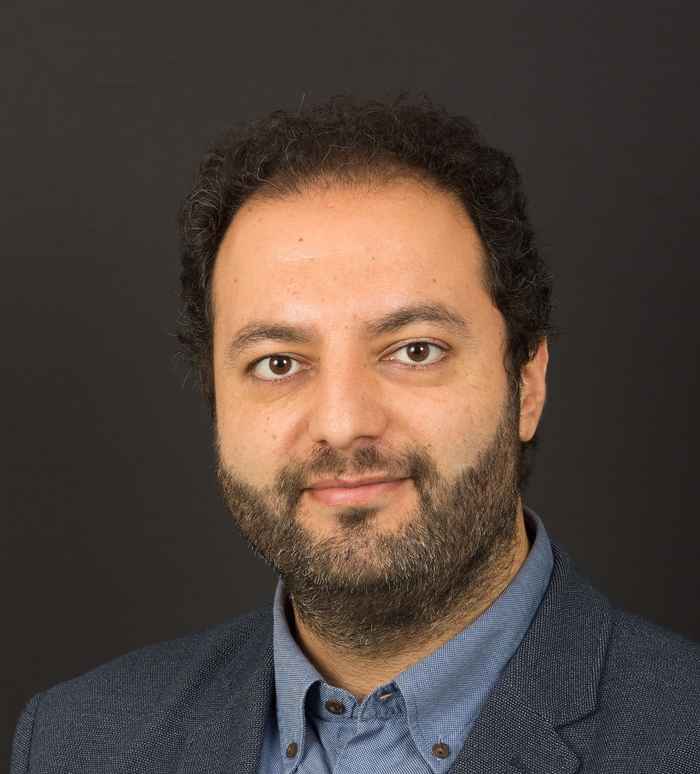Uğur Ümit Üngör, professor by special appointment of Holocaust and Genocide Studies
19 December 2019

Üngör is a specialist in comparative genocide studies. As a senior researcher and professor, he will play a central role in education and research in this field, in particular within the international Master’s in Holocaust and Genocide Studies at the UvA. He will also play an important role in scientific and societal discussions in the field of holocaust and genocide studies. In addition, Üngör will lead the Holocaust and Genocide Studies team at the NIOD. The tasks in this area have been assigned to the NIOD by virtue of a ministerial decision of May 2001, as a result of the Declaration of the Stockholm International Forum on the Holocaust (2000).
About Üngör
Üngör specialises in the study of mass violence, civil wars and comparative genocide studies, including the Holocaust. He received his PhD cum laude from the UvA in 2009 for his thesis Young Turk Social Engineering: Mass Violence and the Nation State in Eastern Turkey, 1913-1950.
Üngör is currently an associate professor of History at the Faculty of Humanities at Utrecht University. He is also a research associate at the NIOD. He previously worked as a lecturer at the Department of History at the University of Sheffield and as a postdoc research fellow at the Centre for War Studies at University College Dublin. He was a guest researcher at the University of British Columbia in Vancouver (2014) and the Central European University in Budapest (2016), and a visiting professor at the University of California Los Angeles (2019).
His most important publications are Genocide: New Perspectives on its Causes, Courses and Consequences (Amsterdam University Press, 2016, ed.), Confiscation and Destruction: The Young Turk Seizure of Armenian Property (Continuum, 2011), and The Making of Modern Turkey: Nation and State in Eastern Anatolia, 1913-1950 (Oxford University Press, 2011). Üngör has also published on the genocides in Rwanda, the Balkans, Iraq and Syria.
Üngör is an editor of the Journal of Perpetrator Research and coordinator of the Syrian Oral History Project at the NIOD. From 2014 to 2019, Üngör coordinated a Dutch Research Council-funded research project into paramilitary violence, which led to the monograph Paramilitarism: Mass Violence in the Shadow of the State (Oxford University Press, 2020).
Üngör has been widely acknowledged for his research contributions. In addition to an NWO Vidi grant (2014), he has received various other grants, subsidies, and prizes, including an NWO Refugees in Science grant (2018), the Heineken Young Scientist Award (2012), the Keetje Hodshon Prize (KHMW, 2011), and an Erasmus prize (2010).
In 2017, Uğur Ümit Üngör advised the Dutch House of Representatives on the use of the term genocide. He recommended recognising well-researched genocides as such, but also stressed that politicians should be aware of the restrictions and risks in the use of the term genocide. He also emphasised the need to keep genocide on the agenda of public debate in the Netherlands, Europe and around the world.